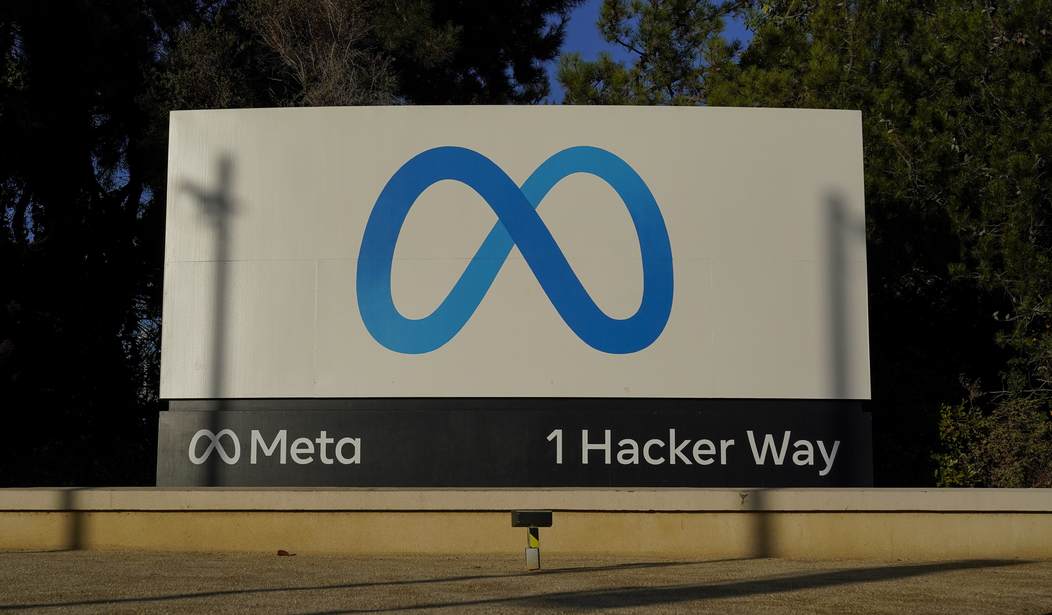When using social media, many people can attest to performing a web search for something they are interested in only to have an ad for the exact same thing pop up when they go on their app of choice. Whether it's Twitter, Facebook, or TikTok, ads based off searches seem to be everywhere.
The sheer amount of data available to tech giants is enough to cause fear and apprehension in many. In the modern digital age, we are constantly being monitored by the applications, websites, and devices that we use every day, as if they were an extension of our real selves. This can be a worrying prospect for those who value their privacy.
So, the question then arises: How do we distinguish between the data app makers and websites must collect to enhance user experience and what is deemed as irresponsible misuse?
For individuals living in Europe, the General Data Protection Regulation (GDPR) is a set of laws that outline acceptable practices when it comes to data protection. Even though some tech giants have had issues complying with the GDPR, it still serves as an important guide for data security measures that should be followed.
One recent example of a major penalty for failing to comply was when the European Union imposed a hefty fine of €390 million on tech giant Meta for violating the General Data Protection Regulation (GDPR). This penalty was determined following an investigation conducted by France's competition authority, which looked into how the company utilized customer data.
Although Meta plans to challenge the penalties, a crucial decision is also expected soon regarding its WhatsApp messaging service in India. It remains to be seen how this will affect the company's business model going forward.
Meta has been heavily criticized for failing to protect user privacy and collecting large amounts of personal data without obtaining permission from their customers. This allowed them to gain access to sensitive information such as age, gender, and political views that would be difficult for any other company to acquire through traditional methods. Consequently, Meta has faced questions about the legality of its activities and the safety of users’ data. Such practices have raised serious concerns about the ethical implications of personalized advertising and its consequences on consumer privacy.
Recommended
Meta initially denied any wrong-doing in regards to their collection of user data, however, eventually it was decided that the company should pay the fine and attempt to take measures to ensure that user data is only collected with permission from the user.
The landmark fine imposed on Meta highlights the seriousness with which GDPR is taken by regulators, and serves as a clear warning to other companies that any violations of data protection laws and regulations will be punished. It also sends a strong message to firms that attempting to gain an advantage over competitors by collecting personal data without permission will not be tolerated. This serves as an important reminder for businesses to safeguard user privacy and ensure responsible handling of customer information. As such, the penalty sets a precedent for authorities to take action against any companies found in breach of data protection protocols.
In response to the constant abuses as a result of Big Tech's irresponsible data-collection practices, consumer groups advocating for web and social media app users are stepping up the pressure. One group known as AppEsteem has created a set of "Ad Pollution Indicators" that helps detect when such companies have overstepped reasonable data collection boundaries.
According to Dennis Batchelder, President of AppEsteem, “Facebook’s advertisements are personalized without first obtaining explicit, informed user consent. AppEsteem believes that explicitly crosses the boundaries of what should be considered acceptable business practices. Sure, everyone wants to make money, but not at the price of sacrificing privacy regarding consumer data.”
Personalized advertisements can be a breach of privacy in many ways. Companies may track an individual's online behavior and collect data from their device, resulting in ads that are catered to the person's interests or browsing history. While these ads may appear useful, they can also be intrusive and unwanted by the consumer. By gaining insight into a person’s interests and preferences, companies are able to target them with tailored ads that may not always be welcome.
Moreover, some online services will even collect personal details such as name, address, phone number and email address. If this information is misused or sold to third parties who may try to monetize it, it could be very dangerous. Additionally, certain companies use the data they collect on individuals to create detailed profiles and then tailor advertisements and services in an effort to increase their profits - a practice known as surveillance capitalism.
The potent fines imposed on Meta signify a potential shift in the attitude of Big Tech towards safeguarding user privacy and making social media less intimidating. With an ever-growing percentage of citizens all over the world relying on these platforms for communication, one can only hope that in 2023 this aggressive data collection strategy will cease to be utilized and users can feel more secure while browsing on their devices. This would greatly improve the overall experience and safety of using social media for everyone.
Julio Rivera is a business and political strategist, Editorial Director for Reactionary Times, and a political commentator and columnist. His writing, which is focused on cybersecurity and politics, has been published by many of the most heavily trafficked websites in the world.

























Join the conversation as a VIP Member